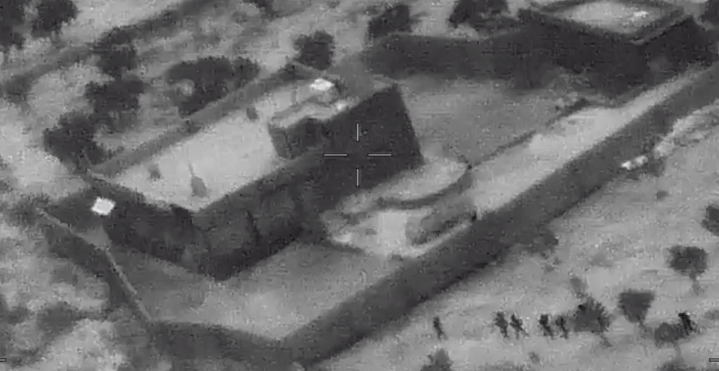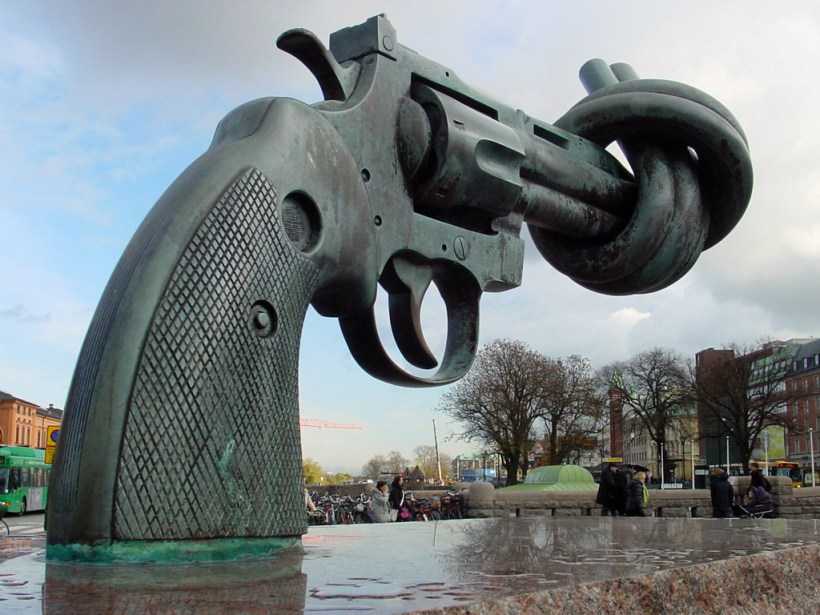While the world struggles with the coronavirus pandemic, some seem to be benefitting from it. Daesh, a terrorist group which has habitually thrived amidst chaos, is one such beneficiary. There have been signs of the group’s resurgence in Asia, Africa, the Middle East and Europe: in April, for example, Daesh executed numerous attacks in Iraq, the Philippines and France. It seems increasingly that Daesh is using COVID-19 to rebound from the loss of its territorial base and leader, Abu Bakr al-Baghdadi, in 2019. This article explores Daesh’s perceptions and interpretations of the virus, and examines how the group has taken advantage of a global pandemic for its own purpose.
Baghdadi’s Death and the Future of Daesh
On 26 October 2019, US Special Forces killed Abu Bakr al-Baghdadi, the founder and leader of Daesh. The group was already under pressure: it had lost most of its territory, and many considered it functionally defeated. Losing its leader only reinforced that narrative. Nevertheless, the organisation remains present in Iraq and Syria, and can rely on affiliates around the world. What really then is the significance of Baghdadi’s death for Daesh?
The Death of Two Generals: Great Power Competition in the Coming Decade
The new decade began inauspiciously with the tragic 2 January crash of a UH-60M Black Hawk helicopter carrying the Taiwanese Chief of Staff General Shen Yi-ming, among others. A day later, an American drone strike killed the Iranian General Qassem Soleimani. General Shen was responsible for Taiwan’s efforts to strengthen its air power in the face of China’s rise; Soleimani led the Quds Force, a clandestine unit of the Islamic Revolutionary Guard Corps which specialises in unconventional warfare and sponsors terrorism as part of its operations.
Will Iran Develop Nuclear Weapons?
The Joint Comprehensive Plan of Action (JCPOA) or, as it is more colloquially known, the ‘Iran Deal’, was ratified in July 2015. It was meant to put an end to decades of tensions between the West and Iran, which were caused by Tehran’s controversial nuclear programme. The 2015 deal between Iran, the European Union and the P5+1 (i.e. the United Nations Security Council members, plus Germany) was simple. The P5+1 would lift their sanctions on Iran, and in exchange, Tehran would give up military ambitions for its nuclear programme. Western governments hoped this would prevent Iran from gaining nuclear capabilities, and avertan otherwise possible nuclear arms race in the Middle East. On 8 May 2018, however, US President Donald Trump withdrew the United States of America from the deal, calling it ‘decaying and rotten’. His decision cast significant uncertainties on the agreement. Now that the JCPOA is endangered, a fundamental question remains: will Iran get the bomb? To answer this, we must first consider whether Iran is technically capable of obtaining and using a nuclear weapon.
Transformative Education As a Soft-Power Approach Against Extremism
Since the concept of transformative learning, or transformative education (TE), was conceived in 1978, transformation theory has been the central paradigm of various transformative learning initiatives mainly intended for adult education. Nevertheless, the concept has evolved over the last three decades into a more hybrid context/content-oriented approach to address different issues, including the advocacy of tolerance, human rights, dignity, and peace – not only for adults, but for other age groups too. The main distinction between the earlier TE approach and the hybrid modern one is that the latter focuses on advocating a given principle, like human rights for instance, rather than on the transformation process itself as it is shown in the initial TE works. In the modern method, the same transformation process still takes place but subconsciously, without necessarily having the subject aware of the phases that they may go through. This evolution allows TE to be applied in the broader scope of practical applications, including its potential to serve as an instrument for anti- and de-radicalisation processes aimed at countering extremism and extremist violence.




